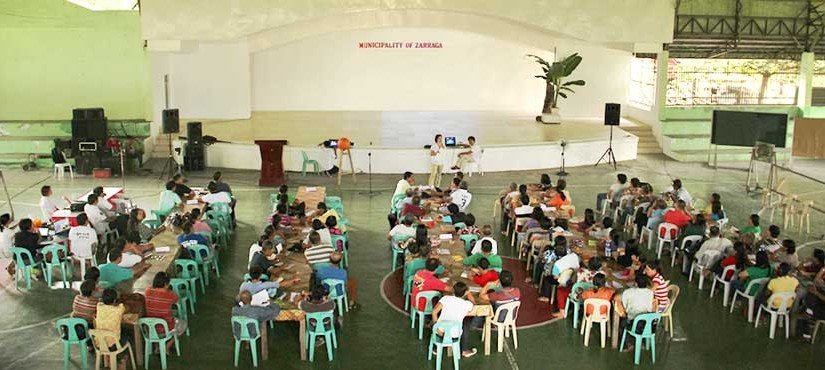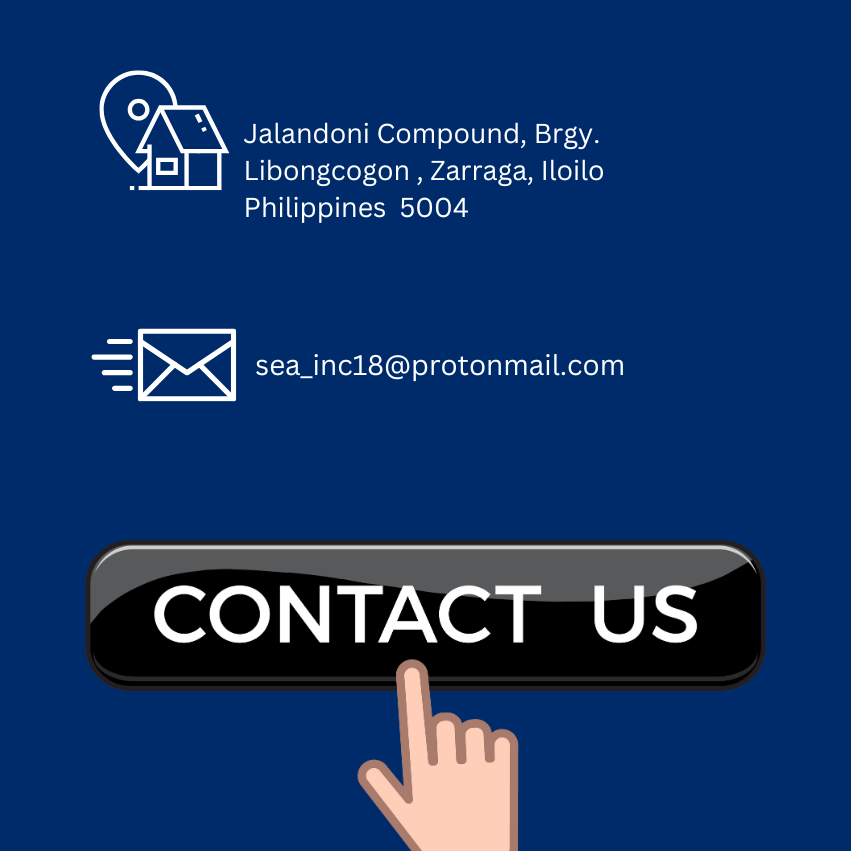Context: The Call for Inclusive Development

Since the end of the 20th century, tens of thousands across the Philippines have been hoping for a real development breakthrough. They have been fervently wishing that the country’s globally recognized blueprint for sustainable development, Philippine Agenda 21, considered by the UN as a global best practice, would be earnestly implemented somewhere, anywhere in the country. Time and time again, uncaring, corrupt, and ruthless politicians have continued to dash these fragile hopes into the treacherous rocks of traditional politics.
But now SIAD Zarraga is changing all that.

Philippine Agenda 21 Handbook

The Clamor for Inclusive Development
The recent economic boom in the Philippines has only benefited the rich. The skyscrapers of the rich continue to rise while the poor remain wallowing in shanty houses. Millions continue to remain in abject poverty, mostly in agriculture. As a result, a rare consensus has emerged in the Philippines: the united call for “inclusive development”.[1] In the Philippines, inclusive development means advancing a development approach that does not leave behind any economic class, especially the poor.
Integral Sustainable Development
Meanwhile, amidst one-sided economic prosperity, the Philippines continues to suffer from the after-effects of super-typhoons: lakes and beaches dying through pollution, the predatory violence of corrupt government, massive outflow of young Filipinos to other nations, drugs, crime, low-quality education, and a host of other challenges.
These challenges cannot be easily fixed. They are not simple but systemic; they are not isolated but interrelated. And yet development efforts continue to be piecemeal and sectoral.
As part of its commitment to the Earth Summit in Rio in 1992, the Philippines introduced an integral sustainable development model called Philippine Agenda 21 (PA21). Due to the systemic and interrelated nature of developmental challenges, the Philippine government, in collaboration with civil society and business, innovated and introduced seven dimensions in its framework of integral sustainable development: ecological, economic, political, cultural, societal, human, and spiritual.
In addition, PA21 introduced an approach to sustainable development formulation and implementation called societal threefolding. This participatory and inclusive approach calls for the creation of critical yet collaborative partnerships between government, business, and civil society – the key institutions of politics, economics, and culture, respectively. PA21 envisioned these three key actors of society to contribute their different perspectives, talents, resources, and networks towards achieving inclusive, holistic, poverty-eradicating sustainable development.
When the Philippines was chair of the UN Commission on Sustainable Development (UNCSD) in 1998, it introduced this societal threefolding approach to the UNCSD. The composite Philippine delegation[2] also facilitated the 6th session of the UNCSD using this approach. This global cascading of its three folding innovation was successful, leading to the latter’s inclusion in the UN Millennium Development Goals (UNMDG) framework in the Year 2000. Among its pillars, the UNMDG advocated for partnerships between government, business, and civil society to advance sustainable development.
PA21 pioneered in advocating cross-sectoral partnerships in what is now being called globally the “Solutions Revolution” or “Innovation Ecosystems” or “The Rainforest”[3], and private-public-civil society partnerships nationally.
Former Philippine President Fidel V. Ramos considered PA21 the most consultative policy document in Philippine history. And he was not mistaken. PA21 was the product of 18 months of 25+ national and regional consultations, involving thousands throughout the country. And the consensus substance of PA21 continues to resonate until today, indicating that it has captured the highest aspirations of the nation.
Because of this reputation, PA21 still currently stands as the country’s official blueprint for sustainable development. Unfortunately, despite its tremendous promise and several attempts, PA21 remains largely on paper.
Several factors brought about this implementation deficit. The most of important of these was and continues to be the lack of institutional capacity to understand and build bridges between and among potential societal partners. This is where the solution ecosystems activation approach comes in and the core intention of the SIAD 1.0 Program.
[1] See for example the Preface of 2013 book by Nicanor Perlas entitled SMART AGRICULTURE: How Inclusive Societal Partnerships That Advance Inclusive Entrepreneurial Sustainable Agriculture Throughout the Value Chain Will Eradicate Poverty and Achieve Food Security.
[2] As part of its political will to walk its talk, the Philippine Government included civil society and business leaders as part of its Official Delegation to the UNCSD. The current Lead-Activator of SEA was part of this delegation and advised the UNCSD Chair regarding sustainable development and societal threefolding matters. The UNCSD Chair was Dr. Cielito Habito, Philippine Cabinet Secretary (Minister) for Socio-Economic Planning, Director-General of the National Economic Development Authority, and Government Chair of the Philippine Council for Sustainable Development (PCSD).
[3] See the book, The Solution Revolution; How Business, Government, and Social Enterprises are Teaming Up to Solve Society’s Toughest Problems by William D. Eggers and Paul Macmillan, published in 2013 by the Harvard Business Review Press, and The Rainforest; The Secret to Building the Next Silicon Valley by Victor Hwang and George Horowitt, 2011. Although the book cover of The Solution Revolution highlights social enterprises, a new form of business, the book also provides many examples of government, business, and non-profit civil society partnerships.



